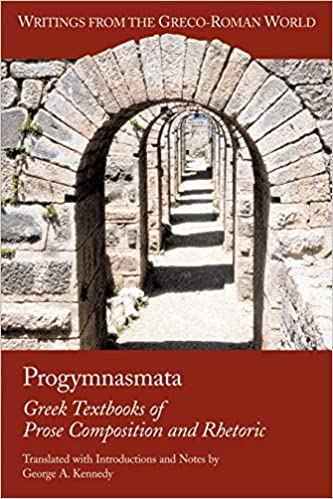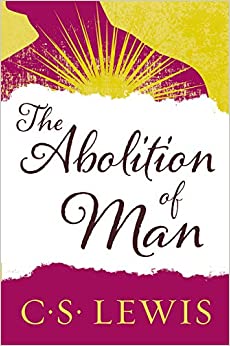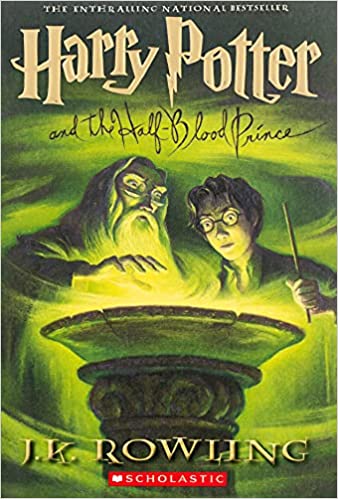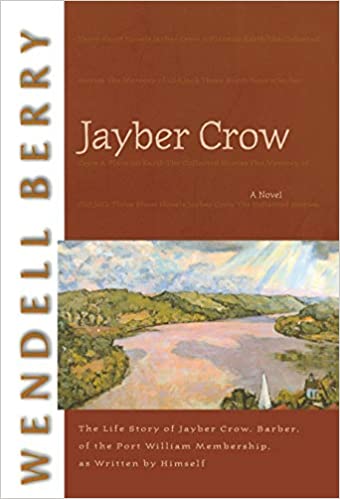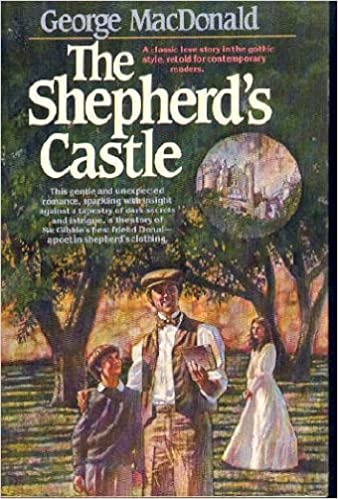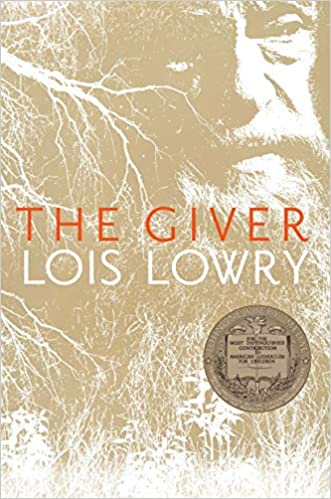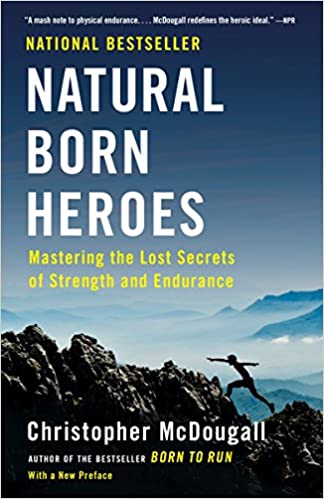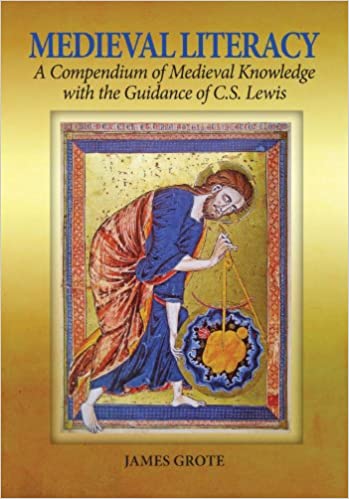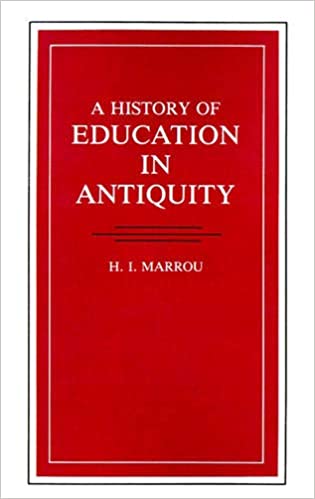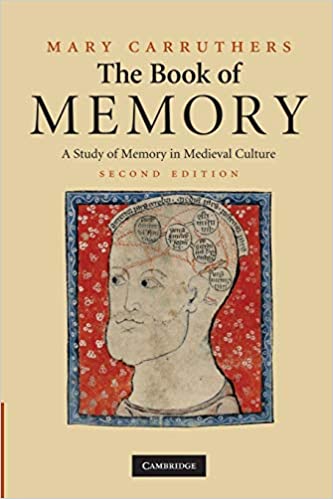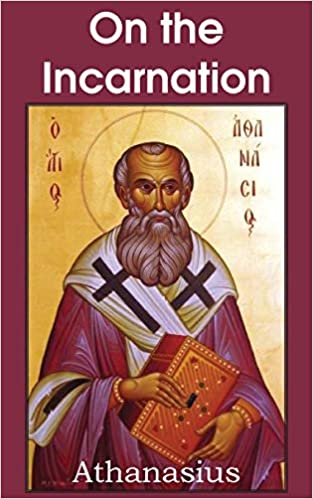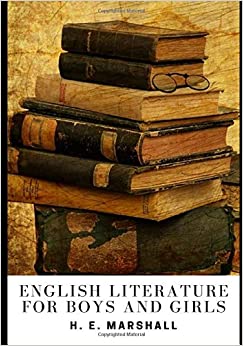Progymnasmata: Greek Textbooks of Prose Composition and Rhetoric
For students of classical, medieval, and early modern literature and of the history of education, Kennedy (classics emeritus, U. of North Carolina-Chapel Hill) presents and comments on four Greek treatises for teaching prose composition and elementary rhetoric. They were written during the time of the Roman Empire and studied throughout the Byzantine period; Latin translations of some were used across Europe during the Middle Ages; and one was translated into English in 1563.
More info →The Abolition of Man
From Amazon: "In the classic The Abolition of Man, C.S. Lewis, the most important Christian writer of the 20th century, sets out to persuade his audience of the importance and relevance of universal values such as courage and honor in contemporary society. Both astonishing and prophetic, The Abolition of Man is one of the most debated of Lewis's extraordinary works. National Review chose it as number seven on their 100 Best Nonfiction Books of the Twentieth Century."
More info →Harry Potter and the Half-Blood Prince
The war against Voldemort is not going well; even the Muggles have been affected. Dumbledore is absent from Hogwarts for long stretches of time, and the Order of the Phoenix has already suffered losses.
And yet . . . as with all wars, life goes on. Sixth-year students learn to Apparate. Teenagers flirt and fight and fall in love. Harry receives some extraordinary help in Potions from the mysterious Half-Blood Prince. And with Dumbledore's guidance, he seeks out the full, complex story of the boy who became Lord Voldemort -- and thus finds what may be his only vulnerability.
More info →Jayber Crow
“This is a book about Heaven,” says Jayber Crow, “but I must say too that . . . I have wondered sometimes if it would not finally turn out to be a book about Hell.” It is 1932 and he has returned to his native Port William to become the town's barber.
Orphaned at age ten, Jayber Crow’s acquaintance with loneliness and want have made him a patient observer of the human animal, in both its goodness and frailty.
He began his search as a “pre–ministerial student” at Pigeonville College. There, freedom met with new burdens and a young man needed more than a mirror to find himself. But the beginning of that finding was a short conversation with “Old Grit,” his profound professor of New Testament Greek.
“You have been given questions to which you cannot be given answers. You will have to live them out—perhaps a little at a time.”
“And how long is that going to take?”
“I don't know. As long as you live, perhaps.”
“That could be a long time.”
“I will tell you a further mystery,” he said. “It may take longer.”
Wendell Berry’s clear–sighted depiction of humanity’s gifts—love and loss, joy and despair—is seen though his intimate knowledge of the Port William Membership.
More info →The Shepherd’s Castle
The Shepherd's Castle is a companion volume to MacDonald's The Baronet's Song. A classic love story in the gothic style.
Donal Grant accepts a position as tutor in a wealthy family where, in addition to imparting knowledge and Godly principles to the young son, Davie, he finds himself caught in a web of mystery and madness... and falling in love.
More info →The Giver
In Lois Lowry’s Newbery Medal–winning classic, twelve-year-old Jonas lives in a seemingly ideal world. Not until he is given his life assignment as the Receiver does he begin to understand the dark secrets behind his fragile community.
The Giver, the 1994 Newbery Medal winner, has become one of the most influential novels of our time. The haunting story centers on twelve-year-old Jonas, who lives in a seemingly ideal, if colorless, world of conformity and contentment. Not until he is given his life assignment as the Receiver of Memory does he begin to understand the dark, complex secrets behind his fragile community. Lois Lowry has written three companion novels to The Giver, including Gathering Blue, Messenger, and Son.
More info →Natural Born Heroes: Mastering the Lost Secrets of Strength and Endurance
Christopher McDougall’s journey begins with a story of remarkable athletic prowess: On the treacherous mountains of Crete, a motley band of World War II Resistance fighters—an artist, a shepherd, and a poet—abducted a German commander from the heart of the Axis occupation. To understand how, McDougall retraces their steps across the island that birthed Herakles and Odysseus, and discovers ancient techniques for endurance, sustenance, and natural movement that have been preserved in unique communities around the world.
His search takes us scrambling over rooftops with a Parkour crew in London, foraging for greens with a ballerina in Brooklyn, tossing heavy pieces of driftwood on a Brazilian beach with the creator of MovNat—and, finally, to our own backyards. Natural Born Heroes will inspire readers to unleash the extraordinary potential of the human body and climb, swim, skip, throw, and jump their way to heroic feats.
More info →Medieval Literacy: A Compendium of Medieval Knowledge with the Guidance of C. S. Lewis
Taking a medieval approach in content as well as in form—a compilation of lists—this volume creates a foundation for the study of the medieval mindset by establishing the terms and concepts that scholars would have had in a common at the time: an invaluable lingua franca. With a pedagogical appeal, this interdisciplinary book is a combination text, reference, and popular work that provides a fascinating intellectual history of the Middle Ages while complimenting the study of other works from that period.
More info →A History of Education in Antiquity
H. I. Marrou’s A History of Education in Antiquity has been an invaluable contribution in the fields of classical studies and history ever since its original publication in French in 1948. French historian H. I. Marrou traces the roots of classical education, from the warrior cultures of Homer, to the increasing importance of rhetoric and philosophy, to the adaptation of Hellenistic ideals within the Roman education system, and ending with the rise of Christian schools and churches in the early medieval period. Marrou shows how education, once formed as a way to train young warriors, eventually became increasingly philosophical and secularized as Christianity took hold in the Roman Empire. Through his examination of the transformation of Greco-Roman education, Marrou is able to create a better understanding of these cultures.
More info →The Book of Memory: A Study of Memory in Medieval Culture
Mary Carruthers’s classic study of the training and uses of memory for a variety of purposes in European cultures during the Middle Ages has fundamentally changed the way scholars understand medieval culture. This fully revised and updated second edition considers afresh all the material and conclusions of the first. While responding to new directions in research inspired by the original, this new edition devotes much more attention to the role of trained memory in composition, whether of literature, music, architecture, or manuscript books. The new edition will reignite the debate on memory in medieval studies and, like the first, will be essential reading for scholars of history, music, the arts and literature, as well as those interested in issues of orality and literacy (anthropology), in the working and design of memory (both neuropsychology and artificial memory), and in the disciplines of meditation (religion).
More info →Athanasius: On the Incarnation
When I first opened his De Incarnatione I soon discovered by a very simple test that I was reading a masterpiece. I knew very little Christian Greek except that of the New Testament and I had expected difficulties. To my astonishment I found it almost as easy as Xenophon; and only a master mind could, in the fourth century, have written so deeply on such a subject with such classical simplicity. Every page I read confirmed this impression. I do not think the reader will find here any of that sawdusty quality which is so common in modern renderings from the ancient languages. That is as much as the English reader will notice; those who compare the version with the original will be able to estimate how much wit and talent is presupposed in such a choice, for example, as "these wiseacres" on the very first page. C. S. LEWIS
More info →English Literature for Boys and Girls
Henrietta Elizabeth Marshall was a British author, particularly well known for her works of popular national history for children.
More info →
